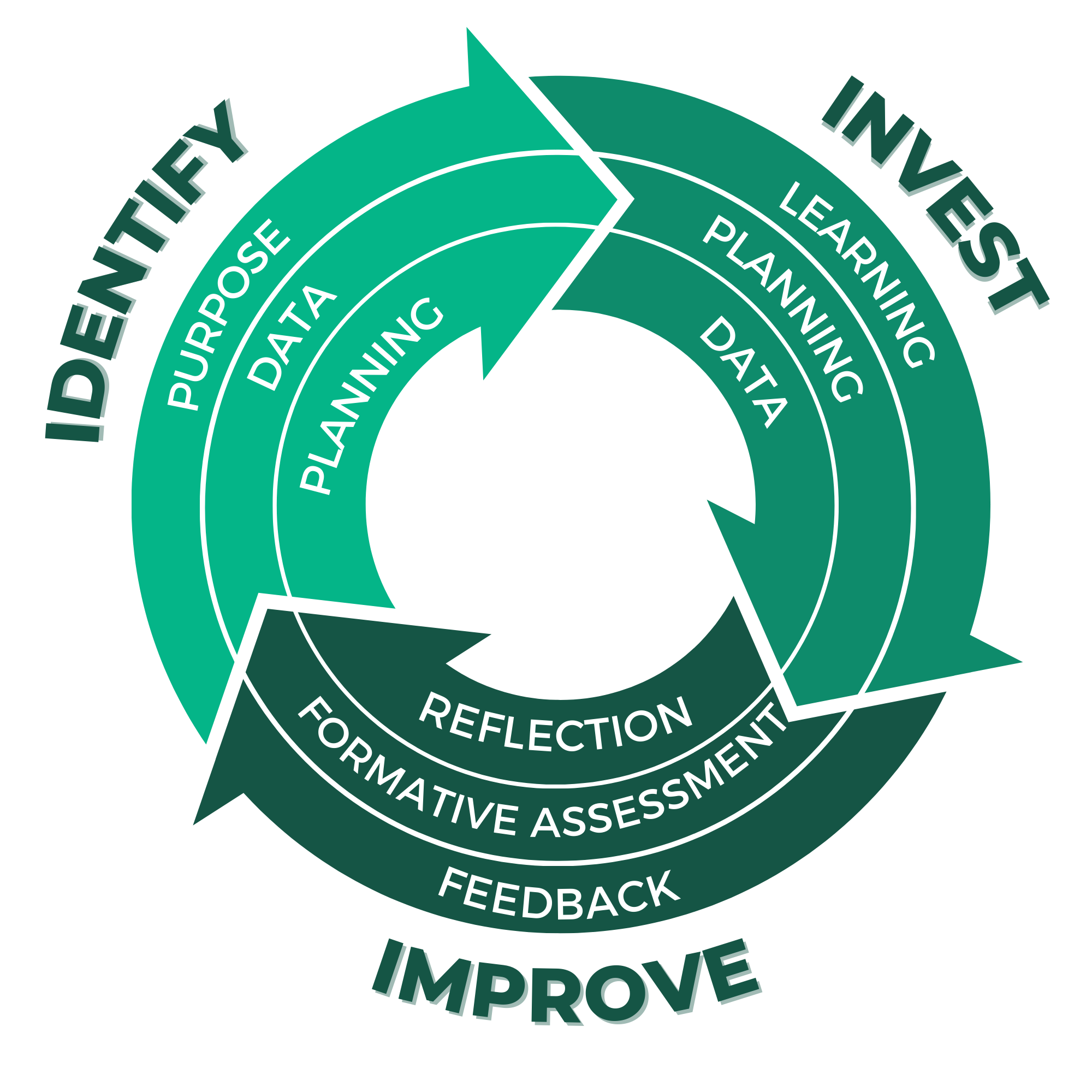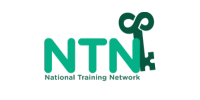What should professional development for math teachers look like? The short answer is, it depends. As former math instructors, we understand that no complete solution is the right answer for all schools. That’s why professional development is not a transactional solution for us, but instead, a process that can include needs assessment evaluations, curriculum development, instructional strategies, assessments, and most importantly collaboration. The collaboration piece is pivotal to our work and includes a supportive approach with principals, teachers, and math leaders.
4 Steps to ensure a holistic approach to professional development:
Step 1. Listen
Engage in a meaningful conversation where the education professional outlines the specific needs of their math teachers and identifies gaps in instructional tools. At NTN, we have targeted questions to ensure we fully understand the current situation and objectives.
Step 2. Connect
The next step is a hands-on approach. As math specialists with an external perspective, we enter math classrooms to observe without critiquing. This approach is vital because it demonstrates that professional development is a supportive resource for teachers, and we work collaboratively to enhance their math instruction. All insights from steps 1 and 2 are compiled into a comprehensive Needs Assessment.
Step 3. Personalize
This step involves creating a tailored recommendation that aligns with the school’s mathematics goals. At NTN, our recommendation features a Seven KEY approach to professional development, encompassing all aspects of PD. From state standards-aligned curriculum development to research-based instructional strategies that help students gain a deeper understanding of concepts, we offer comprehensive support systems to foster mathematics growth for both teachers and students.
Step 4. Collaborate/Mentor
Ask any of our Mathematics coaches, and the best part of their job is building relationships with teachers and rolling up their sleeves to assist with implementing new strategies. It’s important to not overload teachers with more work, so collaborating is essential. Additionally, some schools may need help providing math teachers with mentors who can offer guidance and support as they enhance their teaching skills.
Professional development helps teachers deepen their conceptual understanding of mathematics and equips them with diverse strategies to support students in building a solid foundation. For the teacher, this includes not only a deeper understanding of the mathematical concepts but also having the pedagogical tools to be able to use effective instructional methodologies to reach all students.
Because NTN does not believe in a one-size fits all approach they provide personalized professional development to teachers ensuring support is differentiated yielding the greatest impact on student achievement. NTN Coaches use the following tried and tested coaching cycle with school districts across the nation:

What should mathematics professional development look like at your school? For that question, we can help provide the answer. Give us a call, we’d love to hear how we can support mathematics at your school.
Call 855-686-6284 or schedule your exploratory meeting for a time that works best for you: Schedule a Meeting with Toya!


